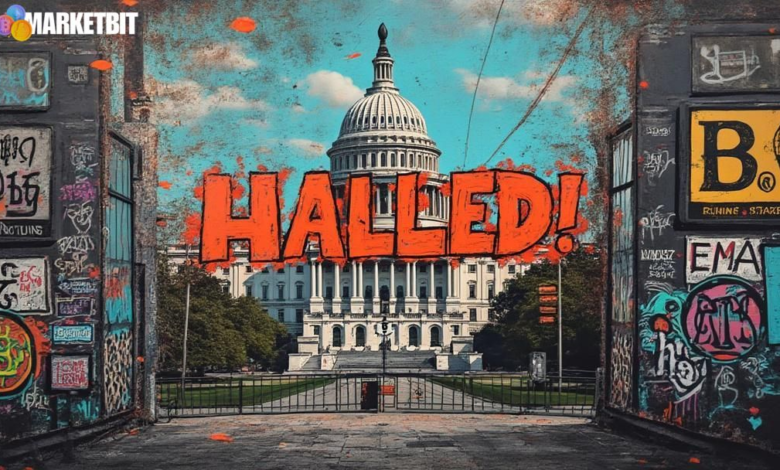U.S. House Vote on Cryptocurrency Bills Halted

- House vote on cryptocurrency halted amid party dissent.
- Leadership struggles mark key legislative blockage.
- Market uncertainty impacts stablecoins, DeFi protocols.
The legislative gridlock emphasizes the ongoing challenges in regulating digital assets and influences market stability.
House Vote Cancellation
The decision to cancel the U.S. House vote on cryptocurrency bills arose from internal opposition and procedural hurdles. Speaker Mike Johnson aimed to progress the bills, but resistance from the House Freedom Caucus and thirteen Republicans hindered proceedings. The proposed GENIUS Act and other bills could have significantly impacted the crypto market. Key opposition centered around perceived deficiencies, including a lack of clarity on banning central bank digital currencies. Congresswoman Marjorie Taylor Greene cited the President’s executive order as justification for her stance.
Impact on Market and Crypto Regulation
The cancelled vote affects stablecoins like USDC and USDT, potentially delaying regulatory clarity. Both markets and companies like Circle and Tether could face prolonged uncertainty, impacting investor confidence. The event highlights the tension between GOP factions and regulatory aspirations.
While no immediate market downturn was seen, history suggests such delays often foment heightened caution among investors. Industry participants watch closely for any legislative progress as regulatory clarity remains a critical factor in crypto market dynamics.
Future implications might involve stricter oversight on stablecoins, impacting financial flows and crypto valuations. As these legislative efforts unfold, their success or failure will mold the trajectory of U.S. crypto regulation and market robustness.




